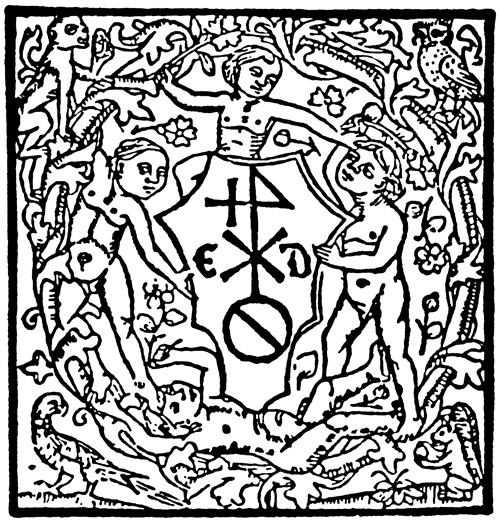This study provides an in-depth account of the practices of the Bordeaux Parlement for the years 1714-1726 as a context for a new understanding of Montesquieu’s political theory. It is argued that the magistrates of the Bordeaux Parlement fashioned their own particular form of political argument, called ‘associational discourse’. The work goes on to show how this theoretical approach to politics and law was developed by Montesquieu in his early and later writings and in particular in L’Esprit des lois (1748). The work also shows how this new form of political thinking formed an integral part to Montesquieu’s comprehensive theory of criminal justice. This book will be of interest to those in the fields of early-modern French history, the history of ideas, political theory and the history of criminal justice. ---------------------------------------------------------------------------------------------------------------
Rebecca Kingston propose une étude approfondie du fonctionnement du parlement de Bordeaux entre 1714 et 1726 comme contexte d’une nouvelle intelligence des idées politiques de Montesquieu et de ses conceptions de la justice criminelle.



